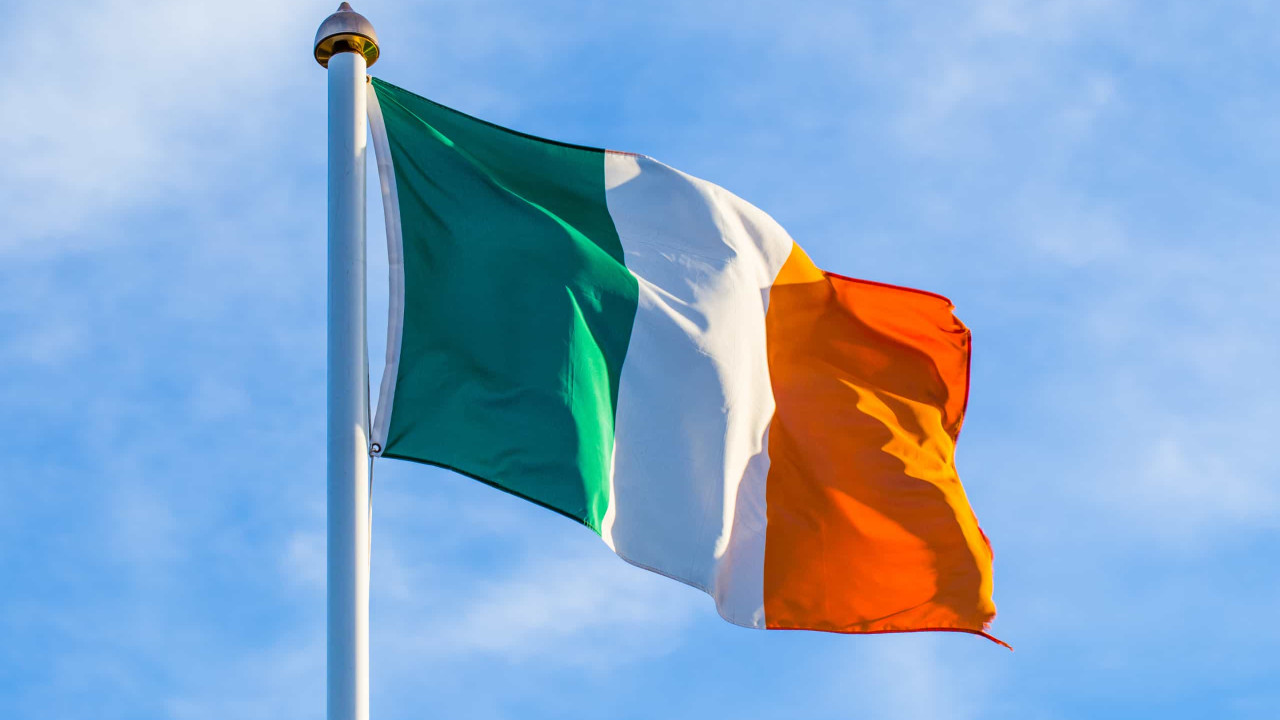
“AI think it is clear at this stage that the changes (…) have been rejected”, Prime Minister Leo Varadkar, whose center-right government proposed the reform, announced to the press.
“It was our responsibility to convince the majority of people to vote ‘yes’ and we failed to do so”he added, while the results of the referendum, held on Friday and whose formulation was widely criticized, have not yet been officially published.
Contrary to a political class whose main parties defended the “yes” vote, Irish voters disapproved of a modification of the Constitution that intended to expand the concept of family beyond the notion of marriage, and erase the priority role of mothers in guaranteeing “domestic duties”. .
The referendum aroused little enthusiasm, with a turnout that did not exceed 50% in most of the 39 constituencies, according to estimates published by the Irish media.
Before the Prime Minister spoke, several other members of the Government had already admitted defeat, such as the Minister for Equality, Roderic O’Gorman, quoted by the Irish Times, who said he was disappointed and regretted that the people “did not see the urgency of change” of the Constitution.
Before the vote, the prime minister said that a “no” victory would take the country “one step back” and “send a message to many people that they do not form a family under the Constitution.”
Ireland, a European Union country with 5.3 million inhabitants, legalized marriage for same-sex couples in 2015 and abortion in 2018.
The Government was counting on this referendum, organized on International Women’s Rights Day and at a time when France ratified the inclusion of the right to abortion in its Constitution, to further erase the mark left by the Catholic Church on institutions and social and private life .
“The people have spoken. They have made their voices heard and they must be heard. The government’s proposals have failed,” declared Sinn Fein leader Mary Lou MacDonald.
Until a few days before the vote, polls predicted a fairly easy victory for the “yes” side, but the latest polls have revealed growing uncertainty.
Voters had to decide on two issues. The first concerned the definition of family, proposing to expand it beyond that based on marriage, to also include “lasting relationships”, such as cohabiting couples and their children.
The second proposed replacing the antiquated language surrounding a mother’s “domestic duties” with a clause that recognized the care provided to each other by family members.
Opponents of these changes criticized the vague wording, especially in the second question, and the disappearance of the words “woman” and “mother” from the text.
“No one knows exactly what a ‘lasting relationship’ is, while everyone knows exactly what a marriage is,” criticized David Quinn, founder of the Iona Institute, a group that defends the interests of the Catholic community.
Thus, the 1937 Constitution will continue to declare that marriage is a requirement for any family and that a woman’s value to society comes from fulfilling “duties in the home.”
Read Also: Women’s Day. It is necessary to “defend equality to make a difference”

Download our free App.
Eighth consecutive year Consumer Choice for Online Press and elected product of the year 2024.
* Study by e Netsonda, Nov. and ten. 2023 product of the year – pt.com
Source: https://www.noticiasaominuto.com/mundo/2518203/irlandeses-chumbam-reforma-constitucional-lugar-da-mulher-e-em-casa


